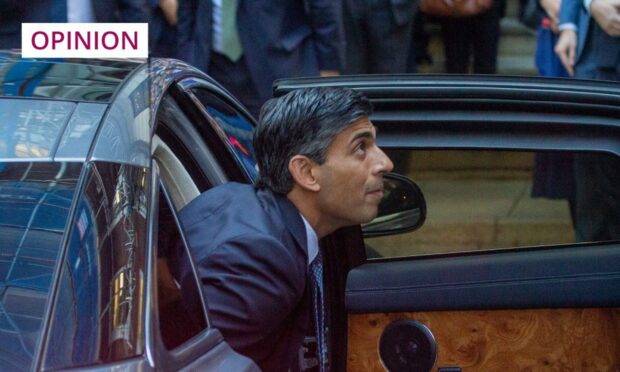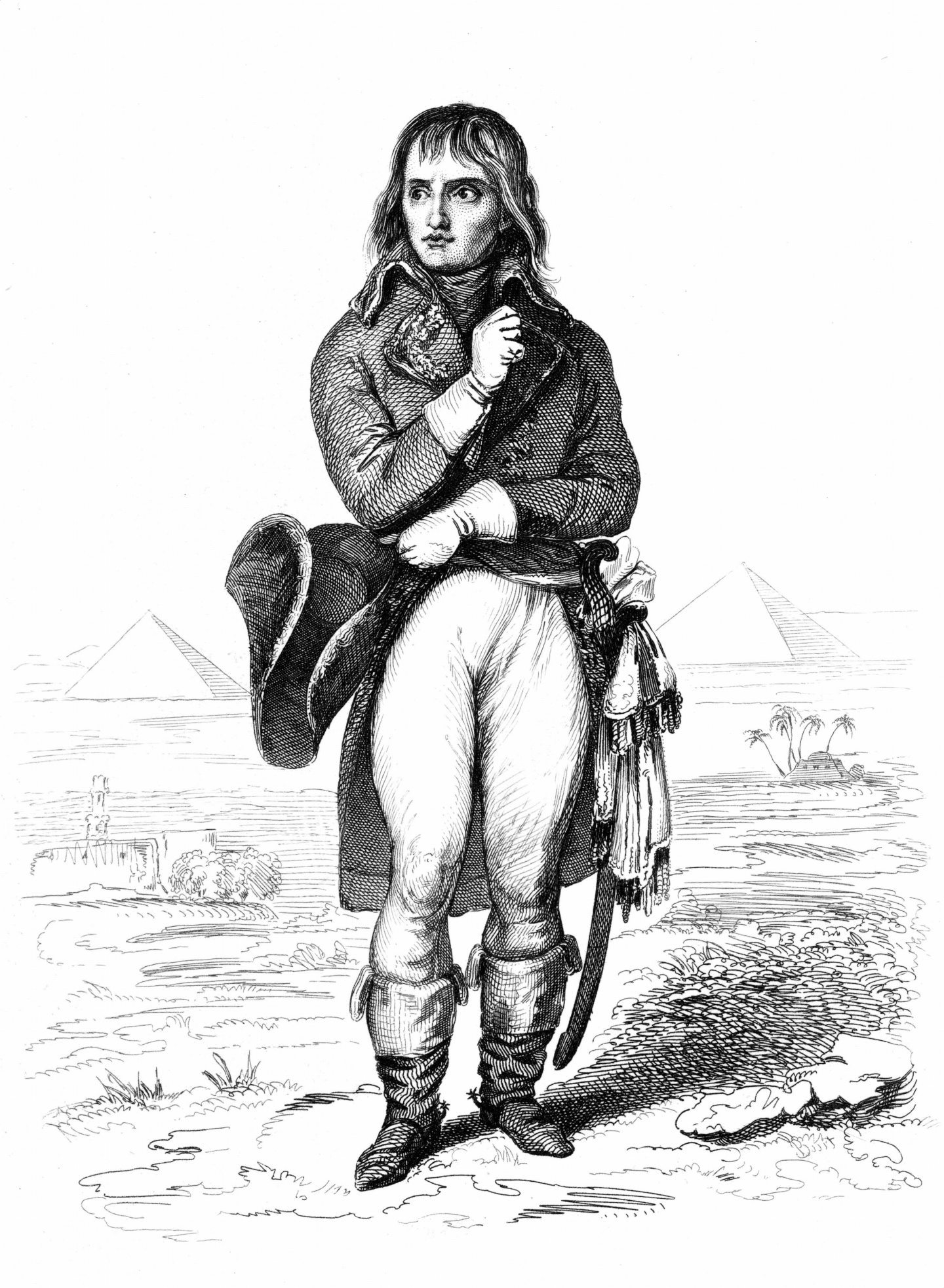In the midst of what would become his most brilliant victory, at Austerlitz in 1805, Napoleon Bonaparte is said to have remarked that you should never interrupt your enemy when he is making a mistake.
The authenticity of the comment – it was only recorded for the first time by the French military theorist and Bonapartist officer Antoine-Henri Jomini some 22 years after the battle, which in any case Jomini did not attend – does not detract from its sagacity.
Often in war, as in politics, you can achieve more by leaving your opponent to make mistakes than acting yourself.
Indeed, to intervene when your opponent is committing an error is the height of folly.
For Rishi Sunak, whatever he may share in Napoleon’s stature, he clearly lacks in his good sense.
By blocking the Gender Recognition Reform Bill he has interrupted Nicola Sturgeon when she was making a potentially fatal mistake.
Let us cast our minds back just a week: Sturgeon was in disarray, with her plans for a de facto referendum completely and humiliatingly unravelled.
Her roadmap to independence – in essence her political raison d’etre – had been torn up.
As has been widely pointed out – including on this website – her proposal was as absurd as it was unworkable.
That it has been unceremoniously dumped at the first real opportunity is no great surprise, but the debacle had left Sturgeon dangerously exposed.
A deluge of derision came from the usual quarters, but criticism that had been circulating quietly among SNP politicians in the tea room of the House of Commons and the canteen of Holyrood also emerged in the public sphere.
Some might try to dismiss the attack from the independently-minded Alex Neil, a former SNP Cabinet Secretary, who said it was no longer clear if the SNP was “coming or going”, but he was not alone.
Even usually tight-lipped Sturgeon loyalists, such as the SNP MP Stewart Macdonald, described the de facto referendum strategy as a “mistake”.
For the first time in many years Sturgeon, usually such a canny political operator, looked horribly exposed.
If Sturgeon was worried by this growing internal rebellion, she need not have been.
As has too often been the case over the last decade, the Conservatives contrived to snatch defeat from the jaws of victory by blocking the Gender Recognition Reform Bill.
The chance missed for another Austerlitz…
Indeed, while this may be the correct approach from a policy perspective – the shambolic parliamentary performance around the passing of the legislation hardly inspires confidence – it has politically let Sturgeon off the hook, uniting the SNP behind her just as it was beginning to split asunder.
Of course, from a purely party perspective, blocking the Gender Recognition Reform Bill makes some sense for Sunak.
It strengthens the core Conservative vote in Scotland, giving the embattled Douglas Ross a much needed boost.
It remains to be seen where the Gender Recognition Reform Bill saga – and it has now become a saga – will end up.”
At the same time, given Scottish Labour’s support for the Gender Recognition Bill at Holyrood, it creates a political headache for Sir Keir Starmer.
Not only is there some dissent against the principles of the bill in the UK Labour Party – as there is in all progressive political parties – but Conservative strategists hope it will serve as an important dividing line as they try to cling on to recently won seats in northern England.
But none of that means it is the right thing to do. Indeed, by interrupting Sturgeon when she made this mistake, Sunak has prioritised party over country and clinging to power over the future of the Union.
It remains to be seen where the Gender Recognition Reform Bill saga – and it has now become a saga – will end up.
But there is no doubt that by his intervention, Sunak has thrown away a potentially Austerlitz-worthy victory over Scottish Nationalism.













Conversation